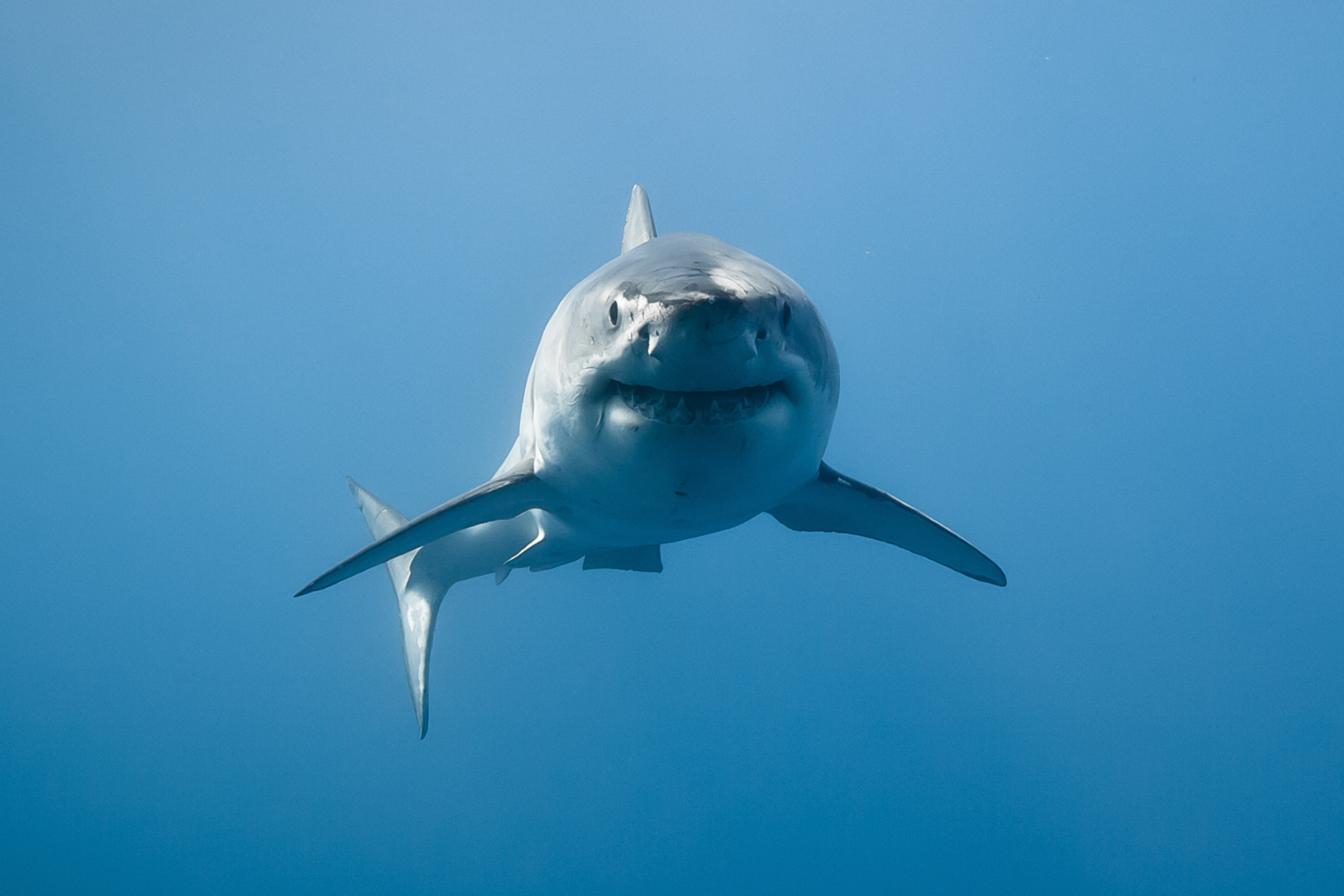Researchers have identified the primary suspects in the disappearance of a pregnant porbeagle shark tracked off the coast of Bermuda: either a great white shark or, though less likely, a shortfin mako. This would represent the first recorded case of shark-on-shark violence with species of this size. The event was described as both surprising and alarming, as it is the first documented predation event of a porbeagle shark anywhere in the world. The loss of the reproductive female and her developing babies could have major impacts on the porbeagle shark population that is already suffering due to overfishing.
Porbeagle sharks are large creatures that can grow up to 12 feet long and weigh up to 500 pounds. They have a slow reproductive cycle, with females not reproducing until around 13 years of age and giving birth to an average of four pups every one or two years. Due to their slow reproductive rate, porbeagle populations are vulnerable to threats such as overfishing and habitat degradation. The species is currently listed as endangered in certain regions by the International Union for Conservation of Nature. Researchers tagged the pregnant porbeagle involved in the study in Massachusetts and tracked it for 158 days. The data revealed a drastic change on March 24, 2021, suggesting the shark had been consumed by a larger predator, believed to be a great white shark based on the information gathered.
The researchers considered both the great white shark and the shortfin mako shark as potential predators capable of preying on a mature porbeagle. The data pointed towards the great white as the more likely culprit, as its behavior aligned more closely with the data recorded by the PSAT. This unexpected discovery highlights the complexity of large predator interactions underwater, as large sharks are typically viewed as apex predators. Further studies are needed to understand how often large sharks hunt each other and the potential cascading impacts these interactions could have on the ecosystem. This research sheds light on the dynamics of predator interactions in the ocean and raises questions about the vulnerability of certain shark populations to predation.
Porbeagle sharks, native to the Atlantic and South Pacific Oceans as well as the Mediterranean, are known for their long lifespan and slow reproductive cycle. The loss of a reproductive female and her developing babies due to predation could have significant implications for the vulnerable population. This case of shark-on-shark violence is the first documented event of its kind, highlighting the need for further research into predator interactions in the marine environment. The tracking data and analysis conducted by the researchers have shed light on the potential impacts of large predator interactions on shark populations, particularly those already facing threats from human activities such as overfishing and habitat degradation.


